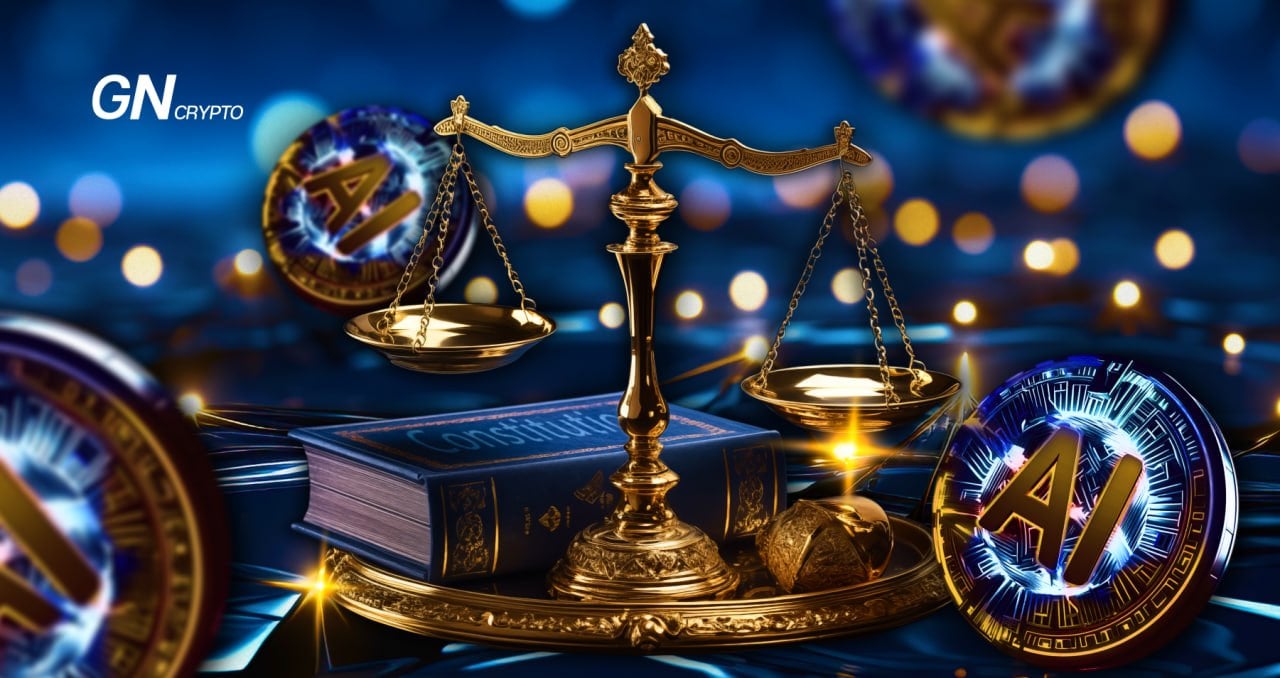AI Lawmaker: When Haste Makes Waste

Brazil leads the way: its legislators have voted for a regulatory document completely authored by artificial intelligence from beginning to end. Is this merely an oddity or a harbinger of a global trend set to redefine the realms of jurisprudence and legislation?
This unique incident occurred in Porto Alegre, where city council member Ramiro Rosário presented a bill to exempt citizens from paying for stolen water meters. Unbeknownst to his colleagues, Rosario had actually used ChatGPT to write the document. The council, unaware of its AI authorship, unanimously passed the proposal. Only afterward did Rosario reveal on social media that the document had been penned by AI.
Perlman cautions that due to their training, chatbots might not always offer the most up-to-date information on certain topics. Also, they lack a machine's understanding of all legal nuances, making it futile to ask a chatbot for in-depth legal analysis. Furthermore, there’s a risk that bots might "discover" non-existent legal documents, potentially misleading overly trusting professionals.
If I had revealed it before, the proposal certainly wouldn’t even have been taken to a vote,confessed the 'joker'.
The initial reaction of Hamilton Sossmeier, President of the Porto Alegre city council (a significant city with 1.3 million residents), was one of strong objection, labeling Rosario's action as "a dangerous precedent." However, after thoroughly examining the document, he deemed it flawless.
The initial reaction of Hamilton Sossmeier, President of the Porto Alegre city council (a significant city with 1.3 million residents), was one of strong objection, labeling Rosario's action as "a dangerous precedent." However, after thoroughly examining the document, he deemed it flawless. Sossmeier now sees the potential for chatbot-drafted legislation to become a trend.
Contrasting with the Brazilian enthusiasm, Andrew Perlman, Dean of Suffolk University Law School, approaches the notion of an AI legislator with skepticism.
“It may not always be able to account for the nuances and complexities of the law. Because ChatGPT is a machine learning system, it may not have the same level of understanding and judgment as a human lawyer when it comes to interpreting legal principles and precedent. This could lead to problems in situations where a more in-depth legal analysis is required,” opines Professor Perlman.
Yet, through experimental use, Perlman found that Bing Chat's legal knowledge is on par with that of a law school student and is poised to improve further.
He outlined four areas where chatbots can be beneficial in legal practice:
- Legal research (reviewing and organizing large volumes of textual data);
- Drafting standard documents (like contracts);
- Providing general legal information (for instance, answering FAQs during initial legal consultations);
- Conducting legal analysis (generating ideas based on legal principles and judicial precedents).
Perlman cautions that due to their training, chatbots might not always offer the most up-to-date information on certain topics. Also, they lack a machine's understanding of all legal nuances, making it futile to ask a chatbot for in-depth legal analysis. Furthermore, there’s a risk that bots might "discover" non-existent legal documents, potentially misleading overly trusting professionals.
A recent study at the University of Minnesota Law School adds another layer to this discussion. Researchers gathered 60 students and assigned tasks such as drafting a complaint, a contract, completing an employment record, and writing a legal memo for a client. Some students used GPT-4, while others worked independently.
The findings revealed that AI improved student performance only in contract drafting. However, in terms of time efficiency, the AI’s assistance was significant. For instance, students employing GPT-4 for complaint drafting spent a third less time than those writing manually.
The study also showed that the technology often compensates for the knowledge gaps of lower-performing students but offers little benefit to top achievers. Hence, the researchers suggest barring first-year students from using AI but teaching future lawyers to effectively and safely utilize AI in their practice.

